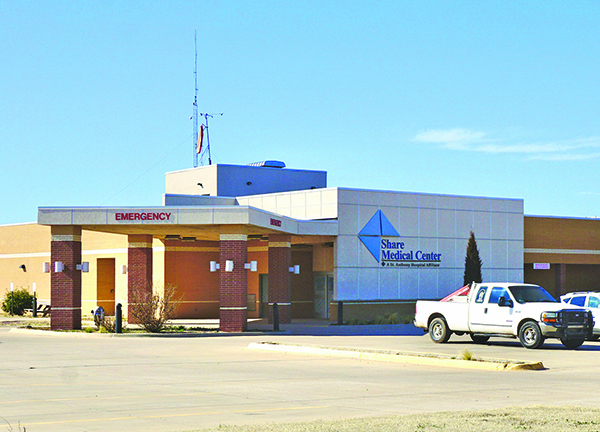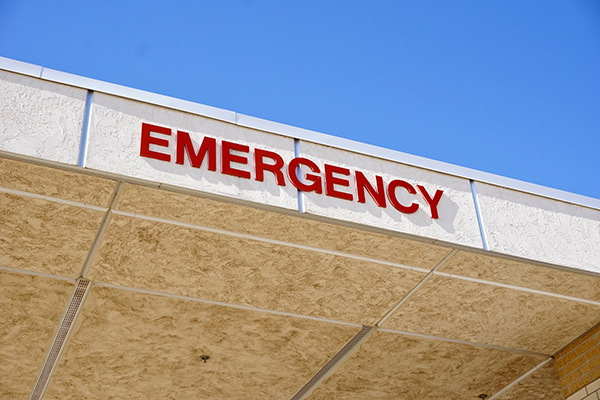Hospital staff shortages, rising patient numbers pose problems in region
By BENJAMIN KLIEWER, Senior Reporter

Northwest Oklahoma hospitals are adapting to the omicron variant of the coronavirus, and some are still filled with coronavirus patients.
The omicron variant accounts for 92% of all positive COVID-19 tests in Oklahoma, said Kurt DeVaney, chief hospital executive at Enid Integris Bass Baptist Hospital.
Coronavirus cases have risen across Oklahoma in recent weeks. The state had more than 100,000 active cases on Monday, according to the Oklahoma State Department of Health. The state has had almost 980,000 cases since the pandemic began, and more than 13,000 Oklahomans have died from the virus.
The state health department reported Tuesday that 75 coronavirus patients in northwest Oklahoma were in a hospital, and 17 were in an intensive care unit. Some Oklahoma City hospitals have publicly said in recent weeks that they have no available beds for patients.
Integris in Enid has used monoclonal antibody infusions to treat coronavirus patients who have additional health risks but are not sick enough to be admitted into the hospital, DeVaney said.
However, the infusions were more successful with other variants and are less effective against omicron. The FDA scaled back the use of those antibodies, so Integris and other hospitals have started administering the drugs Remdesivir and Sotrovimab as outpatient infusions in the last two weeks.
“Historically, we have been administering that (Remdesivir) to the inpatients when they get admitted, but it is proving to be successful on an outpatient basis,” DeVaney said.
The Enid hospital typically does six to eight infusions a day, DeVaney said. Providers give the infusions Monday through Friday, and if enough people need them, hospital staff will provide infusions on Saturdays.
The hospital is also dispensing new oral medications for the coronavirus out of its retail pharmacy.
Patients must meet certain criteria for the drugs, and their medical providers must write them a prescription.
However, changes in drugs are not the only challenges hospitals are facing. Staffing shortages and influxes of patients mean hospitals have few, if any, available patient beds.
“Right now, and it has been this way for pretty much the last couple months, the hospital is full,” DeVaney said. “We do have discharges every day, but those are then getting replaced.”
On Monday, the hospital had 21 COVID-positive patients, about 50% of its total patients, DeVaney said.
Adding to the problem is that many medical professionals are testing positive.
“With the omicron variant specifically, we have seen more caregivers test positive for COVID, and that obviously hurts our staffing when they can’t work because they come back as a positive test,” DeVaney said. “So, that strains us. The other thing is our bed counts are fluctuating depending on what our staffing is.”
DeVaney said the hospital can only open a certain number of its total beds. This is to keep the caregiver-to-patient ratio at a safe level. Patients are sometimes having to wait longer in the emergency room before being admitted to the hospital because of bed and staffing shortages.
“We try to the best of our ability to keep everybody we can treat at the hospital in Enid,” DeVaney said.
HOSPITAL STAFF PICKING UP SLACK
Dr. Robert Rader with Share Medical Center in Alva said the hospital has been able to keep some beds open because the hospital has responded effectively to the pandemic.
In the first wave of the pandemic, the hospital’s administrators were aggressive in getting additional respiratory equipment for patients. The hospital had also offered outpatient treatments, including monoclonal antibody infusions, and immunizations.
Even amid staffing shortages, hospital workers are picking up the slack, Rader said.
“It has been impressive,” Rader said. “The staff has been willing to chip in and cover to keep adequate staffing.”

